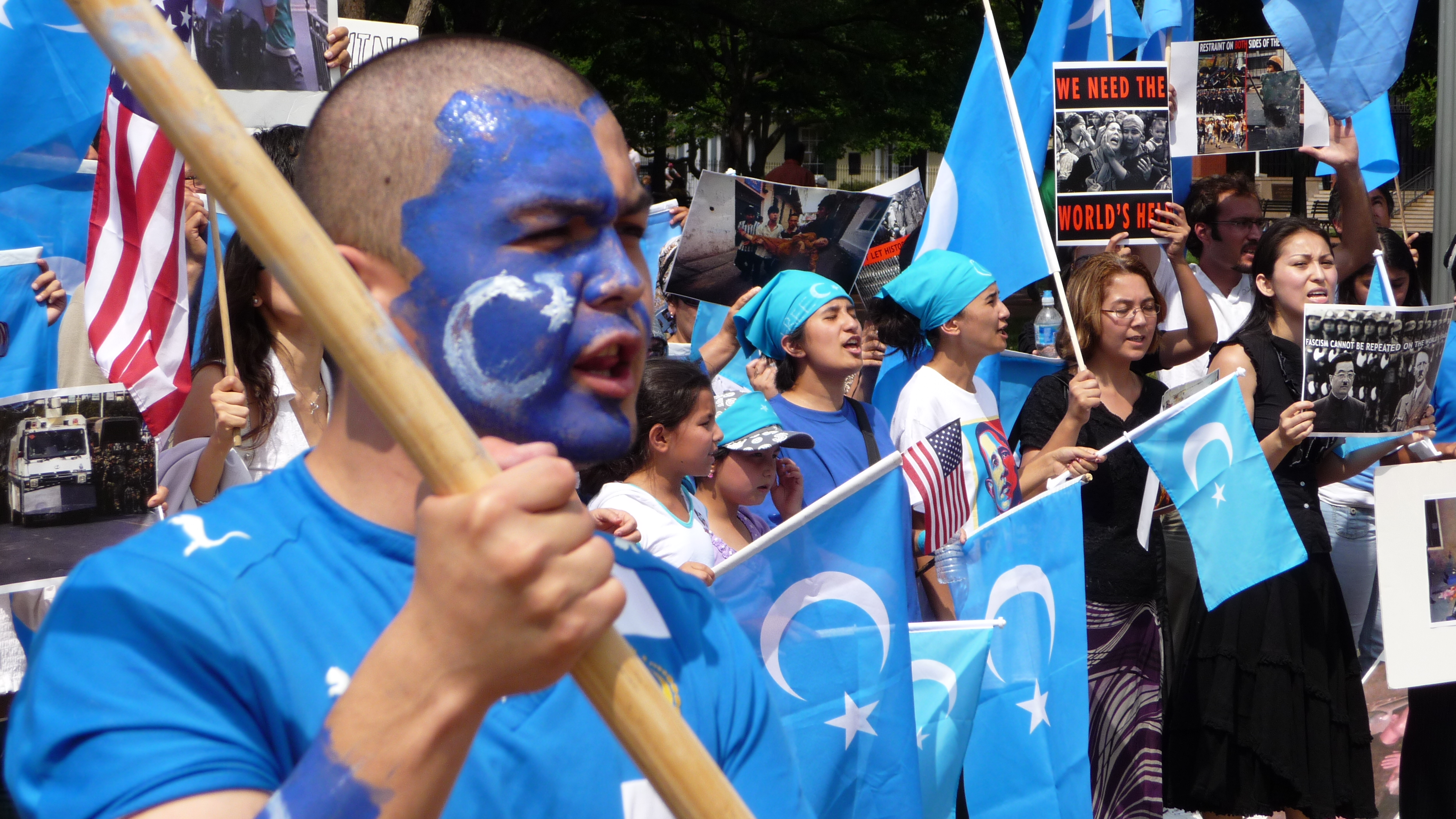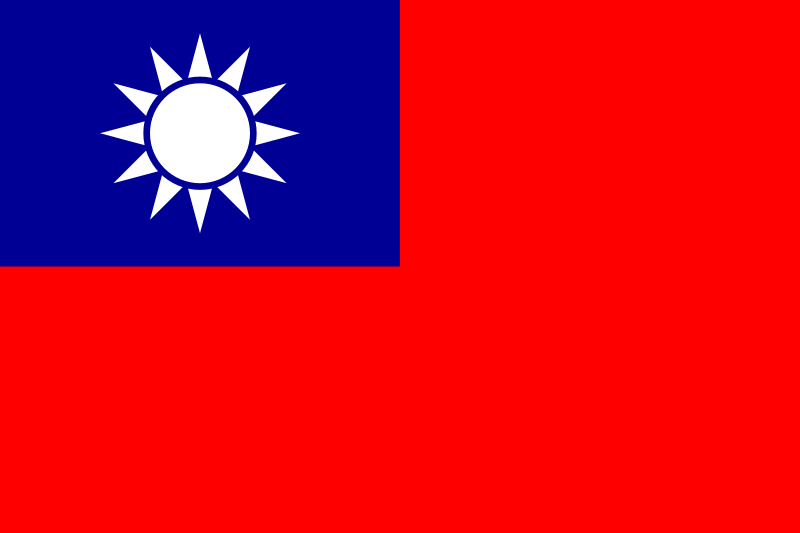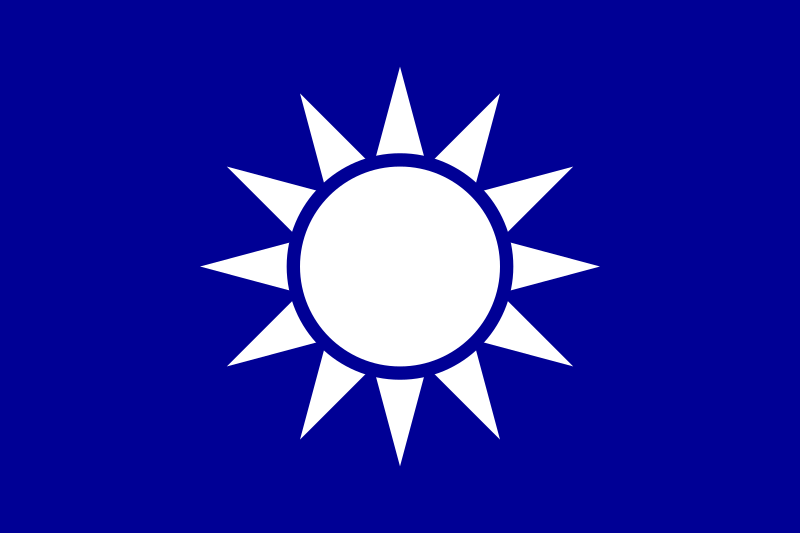 Shining Path (Sendero Luminoso in Spanish) is a Maoist insurgent guerrilla organization in Peru. The group never refers to itself as "Shining Path", and as several other Peruvian groups, prefers to be called the "Communist Party of Peru" or "PCP-SL" in short. The Shining Path initiated the internal conflict in Peru in 1980, with the stated goal of replacing what it saw as bourgeois democracy with "New Democracy". The Shining Path believed that by imposing a dictatorship of the proletariat, inducing cultural revolution, and eventually sparking world revolution, they could arrive at pure communism. The Shining Path said that existing socialist countries were revisionist, and that it was the vanguard of the world communist movement. The Shining Path's ideology and tactics have been influential on other Maoist insurgent groups, notably the Communist Party of Nepal (Maoist) and other Revolutionary Internationalist Movement-affiliated organizations.
Shining Path (Sendero Luminoso in Spanish) is a Maoist insurgent guerrilla organization in Peru. The group never refers to itself as "Shining Path", and as several other Peruvian groups, prefers to be called the "Communist Party of Peru" or "PCP-SL" in short. The Shining Path initiated the internal conflict in Peru in 1980, with the stated goal of replacing what it saw as bourgeois democracy with "New Democracy". The Shining Path believed that by imposing a dictatorship of the proletariat, inducing cultural revolution, and eventually sparking world revolution, they could arrive at pure communism. The Shining Path said that existing socialist countries were revisionist, and that it was the vanguard of the world communist movement. The Shining Path's ideology and tactics have been influential on other Maoist insurgent groups, notably the Communist Party of Nepal (Maoist) and other Revolutionary Internationalist Movement-affiliated organizations.Widely condemned for its brutality, including violence deployed against peasants, trade union organizers, popularly elected officials and the general civilian population, the Shining Path is described by the Peruvian government as a terrorist organization. The group is on the U.S. Department of State's list of Foreign Terrorist Organizations, and the European Union and Canada likewise describe it as a terrorist organization and prohibit providing funding or other financial support.
Origins
The Shining Path was founded in the late 1960s by former university philosophy professor Abimael Guzmán (referred to by his followers by his nom de guerre Presidente Gonzalo)[citation needed], whose teachings created the foundation for its militant Maoist doctrine. It was an offshoot of the Communist Party of Peru — Bandera Roja (red flag), which in turn split from the original Peruvian Communist Party, a derivation of the Peruvian Socialist Party founded by José Carlos Mariátegui in 1928.
The Shining Path first established a foothold at San Cristóbal of Huamanga University, in Ayacucho, where Guzmán taught philosophy. The university had recently reopened after being closed for about half a century, and many students of the newly educated class adopted the Shining Path's radical ideology. Between 1973 and 1975, Shining Path members gained control of the student councils in the Universities of Huancayo and La Cantuta, and developed a significant presence in the National University of Engineering in Lima and the National University of San Marcos, the oldest university in the Americas. Sometime later, it lost many student elections in the universities, including Guzmán's San Cristóbal of Huamanga. It decided to abandon recruiting at the universities and reconsolidate.
Beginning on March 17, 1980, the Shining Path held a series of clandestine meetings in Ayacucho, known as the Central Committee's second plenary. It formed a "Revolutionary Directorate" that was political and military in nature, and ordered its militias to transfer to strategic areas in the provinces to start the "armed struggle". The group also held its "First Military School" where members were instructed in military tactics and weapons use. They also engaged in the "Criticism and Self-criticism", a Maoist practice intended to purge bad habits and avoid repeating mistakes. During the First Military School, members of the Central Committee came under heavy criticism. Guzmán did not, and he emerged from the First Military School as the clear leader of the Shining Path.
Continued in Part 2: “The triumph of the Revolution will cost a million lives”
Information and image courtesy of Wikipedia.













